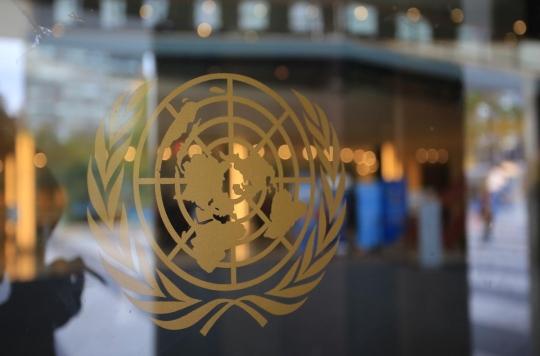The development index fell in 2020 and 2021. The Covid-19 epidemic and the war in Ukraine are among the main causes.

- Human development has fallen back to 2016 levels.
- The report recommends the implementation of investment policies, in the face of climatic hazards and epidemic risks, and on insurance, via social protection to improve the safety of individuals.
- Protecting the planet is also one of the ways to improve human development.
We die earlier, we are less educated and our incomes go down. This is the balance sheet of latest UNDP report (United Nations Development Programme), summarized thus by its director, Achim Steiner, at theAFP. For 32 years, the UNDP has calculated the Human Development Index (HDI) to assess the health, education and standard of living in a country. It is presented in an annual report which, this year, is entitled “Uncertain Times, Disrupted Lives: Shaping Our Future in a Changing World”. Between climate change, health crisis and conflicts, human development is hampered all over the world.
A global trend
More than 90% of countries observe a decline in their HDI, in 2020 or 2021.”More than 40% saw their score drop over the two years, signaling that the crisis continues to worsen for many.”warn the authors of the report in a communicated. While the majority of countries around the world are affected, some are more affected than others: notably those in Latin America, the Caribbean, sub-Saharan Africa and South Asia.
The main causes of the decline in this score are the Covid-19 pandemic and the war in Ukraine. “They have each exposed the limits – and flaws – of current global governance and challenged global supply chains, leading to increased volatility in the prices of energy, fertilizers, commodities and other property“, details the UNDP press release. But these are not the only explanations, climate change and the disasters it causes also have consequences for development. “Temperatures, fires and storms are breaking all records and are always ringing the alarm bells on increasingly out of whack planetary systems“, observe the authors.
A paradigm shift
The solutions chosen by the States seem insufficient for the UNDP experts. “We have seen with the cost of living and the energy crises that while it is tempting to provide quick fixes like fossil fuel subsidies, immediate relief tactics delay the long-term systemic changes we need to make.estimates Achim Steiner, the administrator of the UNDP. We are collectively paralyzed in the face of these changes.”
If we are struggling to act, it is partly because trust between humans is declining. “HASoday, with a third of the world’s people feeling stressed and less than a third of the world’s people trusting others, we face major barriers to adopting policies that work for people. people and the planet“, explains Achim Steiner. Improving the HDI will pass both through a better standard of living, education and health, but also through better security for individuals so that they can “regain control of their lives and retain hope for the future“. The report demonstrates, in fact, that individuals who feel the least safe are more likely to hold extreme political views. “Without a radical change of course, we risk having to endure even more deprivation and injustice.“, warns the UNDP report.


















